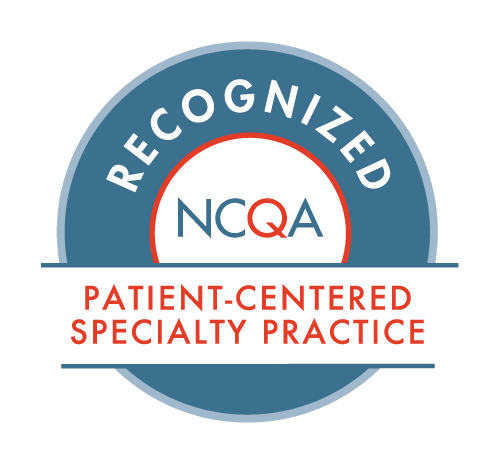Coronary Artery Disease
Coronary artery disease (CAD), also known as coronary heart disease, is the leading cause of death in the United States for both men and women. It accounts for an estimated 610,000 deaths annually. The symptoms for this disease can be difficult to recognize because they are slightly different in every person, but can include chest pain, heart attack and irregular heartbeats. It’s important to know how to prevent coronary artery disease before it happens. Eliminating risk factors and making healthy lifestyle choices is the answer.
What is Coronary Artery Disease?
Coronary artery disease occurs when plaque builds up in the coronary arteries, which can lead to reduced oxygen-rich blood flow to the heart. It can develop when the major blood vessels that supply your heart become damaged or diseased. Cholesterol (plaque) deposits and inflammation usually lead to coronary artery disease.
Symptoms
As your arteries narrow, they can’t supply enough oxygen to your heart. At first, you may not notice any symptoms, but if plaque continues to build in your coronary arteries, you may notice one or more. If you notice any of these symptoms, it’s important to talk to your doctor immediately:
- Pain in the chest during physical activity or even at rest
- Shortness of breath
- A “juggling” feeling in the chest that lasts for several seconds and happens when you are at rest
- Unexplained sweating
- Difficulty making the pain go away
- Heart attack
Causes and Risk Factors
Knowing if you are at risk for CAD can help you avoid it. Coronary artery disease is thought to develop with damage or injury to the inner layer of a coronary artery. Since the disease is caused by a buildup of plaque inside the coronary arteries, these injuries can cause plaque to collect at the site, blocking blood flow. This can be caused by a number of different factors, including:
- Smoking
- High cholesterol
- High blood pressure
- Sedentary lifestyle
- Diabetes
- High stress
- Unhealthy diet
- Obesity
- Family history
- Age
Risk factors can often occur together and trigger each other. When grouped, certain risk factors can make coronary artery disease even more likely to develop.
How is it Diagnosed?
To find out if you have coronary artery disease, your cardiologist will often order an exercise or stress test. This typically involves walking on a treadmill for a few minutes and then measuring the blood flow to your heart.
Other tests include a coronary artery calcium test (CAC). This is simply a CAT scan that measures how much calcium build-up you have in the walls of the arteries in your heart. Usually, calcium deposits itself in the artery walls of cholesterol plaque, which can be seen in the images created by the CAC test.
Hunterdon Cardiovascular Associates also offers several diagnostic services that include state-of-the-art imaging and monitoring procedures to confirm or rule out other conditions or diseases.
Treatment Options
Treatment options for coronary artery disease depend on the severity of your symptoms. It’s important to talk with your doctor about all treatment options so that you can make an informed decision together. By making healthy lifestyle choices and taking the proper medication, you may be able to control or even prevent this disease from getting worse. Lifestyle changes can include:
- Quitting smoking
- Exercising regularly
- Losing weight
- Eating a healthy diet
- Reducing stress
When simple lifestyle changes aren’t enough, various drugs are also used to treat coronary artery disease, such as:
- Aspirin
- Calcium channel blockers
- Cholesterol-modifying medications
- Beta blockers
Complications of coronary artery disease are serious, and you should not ignore them. If you suffer from this disease, there is a good chance that it will eventually lead to a heart attack if left untreated. If you have symptoms of coronary artery disease or if you simply want to be proactive with your heart health, schedule a consultation with one of HCA’s experts today.



